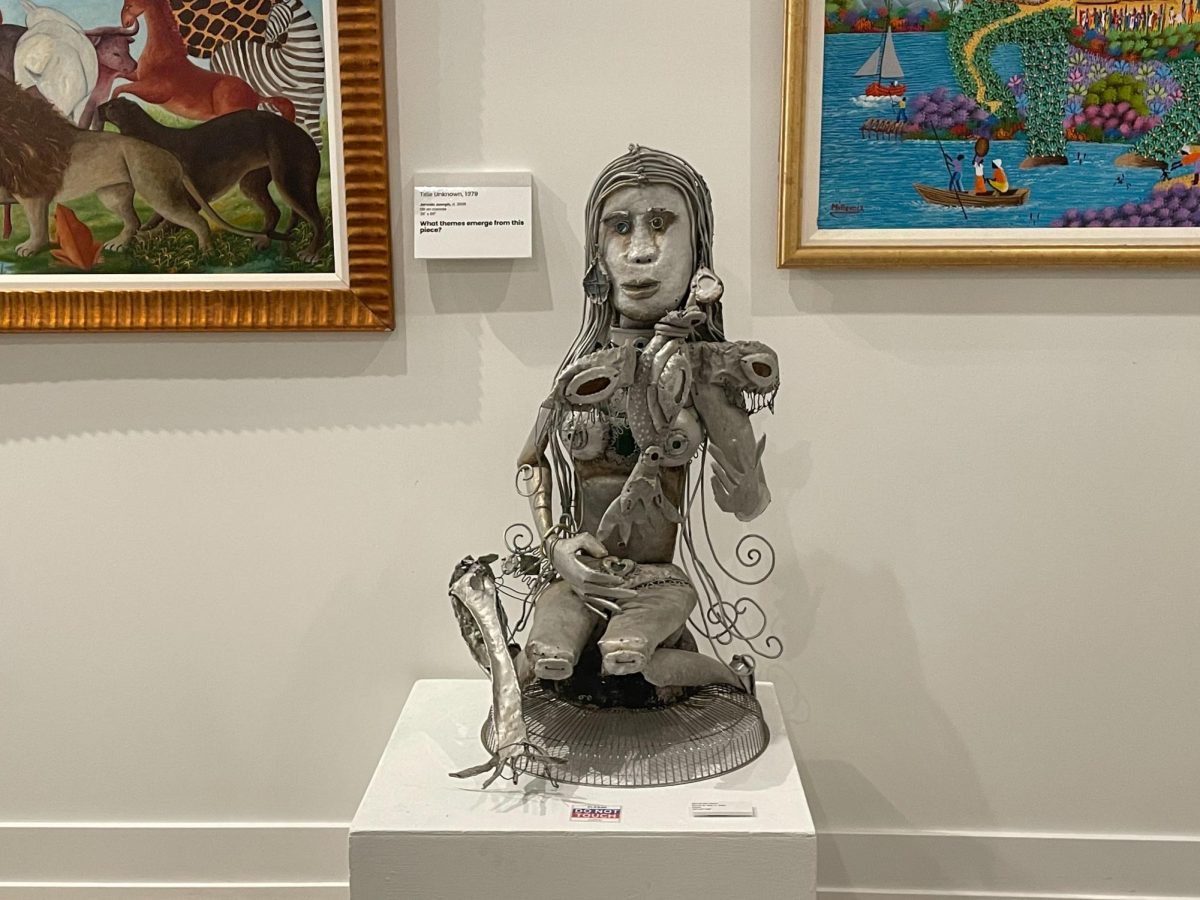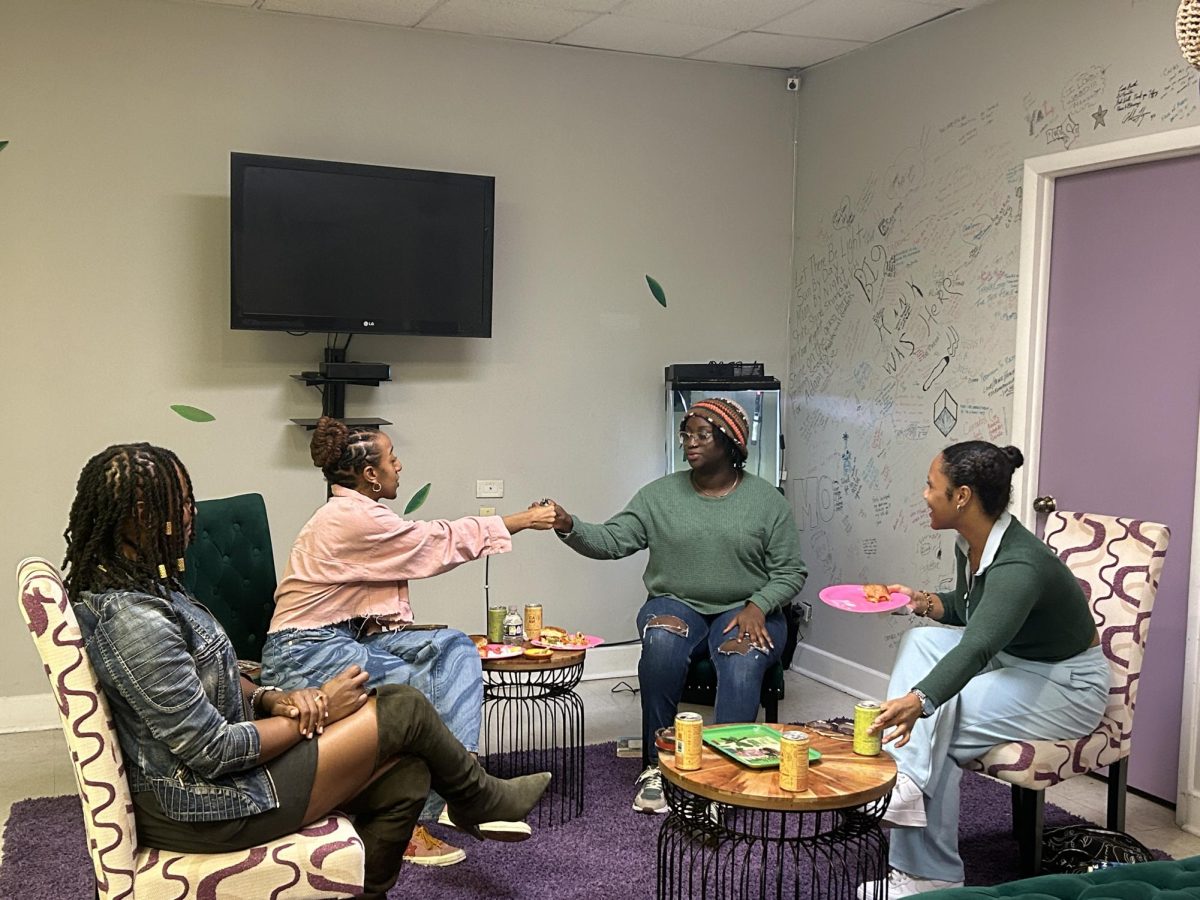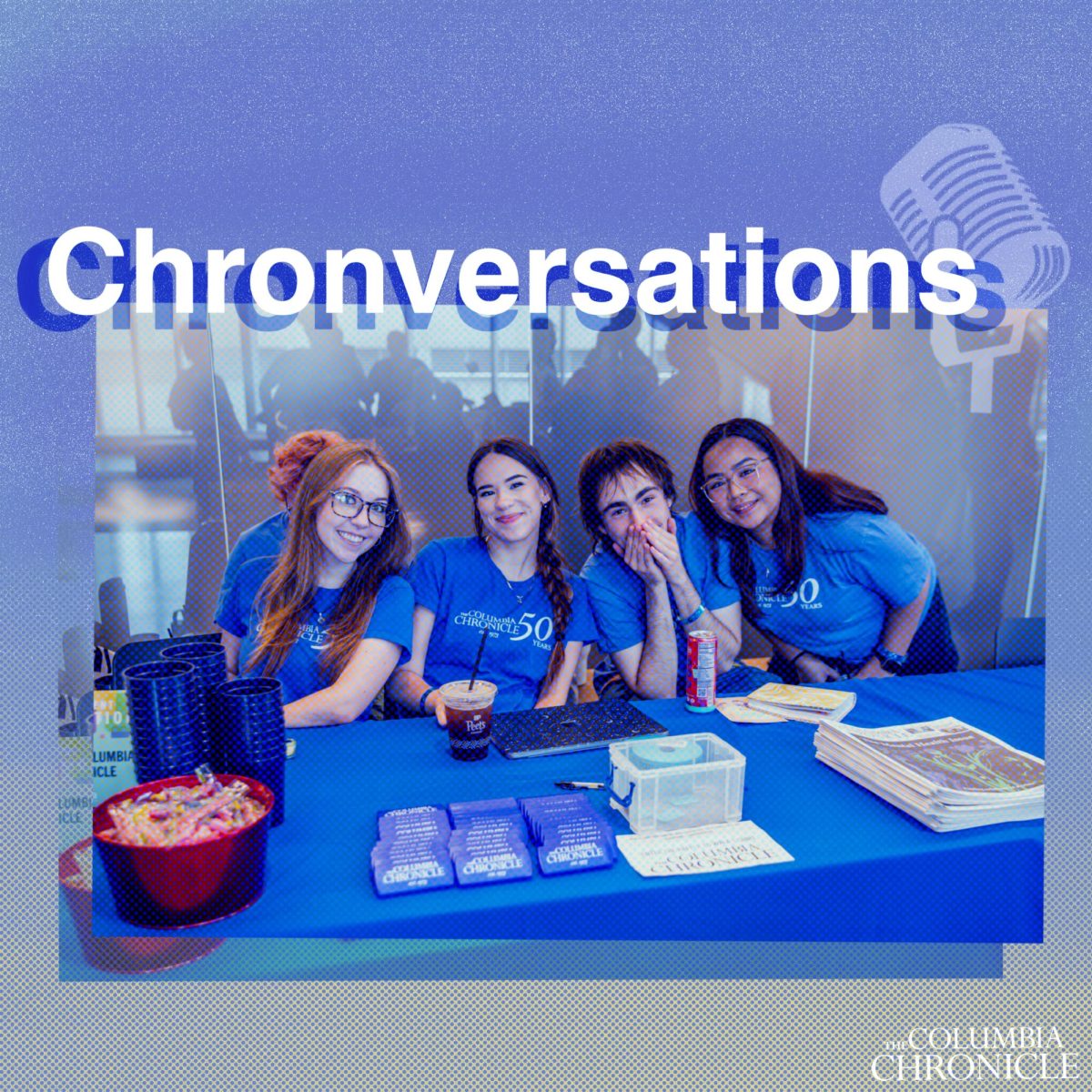This week on Chronversations: Young voter turnout in the 2024 election was lower than it has been in two previous presidential elections, according to new exit data from the Center for Information & Research on Civic Learning and Engagement at Tufts University.
Overall, 42% of young voters ages 18 to 29 cast ballots in the 2024 presidential election, a lower youth turnout than 2020 and 2016 when 50% of the same age group cast ballots.
Turnout was higher and close to 50% in the seven battleground state.
Additional reporting from Sebastian Isett and Jaida Raygor.
TRANSCRIPT:
0:08: Welcome to Chronversations.
0:09: I’m your guest host, Emma Jolly.
0:15: In the weeks leading up to the 2024 election, several political scientists and data analysts had high expectations for youth voter turnout with some even saying that they could tip the scales as 41 million members of Gen Z would be eligible to vote.
0:29: The predicted impact of their votes was further emphasized as both candidates focused a portion of their campaign resources on social media promotion and other popular platforms.
0:39: However, the data collected thus far indicates that there was low turnout and increased political division.
0:45: According to the Center for Information & Research on Civic Learning and Engagement, or CIRCLE, about 42% of voters aged 18 to 29 cast ballots in the 2024 presidential election.
0:58: This varies from 2020 when the early estimate put youth turnout above 50%.
1:03: So what happened with Gen Z?
1:06: Many have become disillusioned with the American political process and don’t see voting as a practical means of changing their circumstances.
1:13: Speaking with Uriel Blunt, a senior at Columbia College and Music Business major, it was clear that they saw voting as having little impact
1:22 But I feel like our votes really don’t mean anything to this society.
1:25: I feel like it’s really like a game and they, in the end of the day, they know who they want in the office.
1:31: This sentiment has been growing among all demographics for a variety of reasons.
1:35: But speaking with young people, it seemed as if they did not see either party as fully representing their interests.
1:41 According to CIRCLE, Gen Z, compared to older generations, are less likely to strictly identify with either party.
1:48: Around 28% of voters 18 to 24 lean Democrat and 20% lean Republican.
2:: Some, however, were frustrated with their peers who chose not to vote in this election.
2:00: Senior film and television major Olivia Haas was disappointed by Gen Z voter turnout.
2:04: That’s so dumb.
2:06: Why would you not vote?
2:08: We’re the generation that’s going to be most impacted by these decisions that are getting made.
2:13: Kelby McMorris, a sophomore illustration major, agreed.
2:16:To not vote is kind of, like I said earlier, assisting those who already have a vision and what they want in this election.
2:24: Others like sophomore film and television student Natan Mekonnen were sympathetic to the complaints made by those dissatisfied with our political process.
2:33: I was hearing a lot of that kind of rhetoric, where it was like both sides are bad and I’m like of course, I agree.
2:40: However, he was still adamant that Gen Z vote despite the imperfections.
2:44: There are certain people you are failing because they can’t, they can’t afford to think, ‘Oh, both sides are bad, I’m just not gonna turn out.’
2:52: Because to them, if one side wins, it might be the last time they get to vote or it might be the last time they, the last four years that they even get to be in this country.
3:03: Stewart Anderson, a freshman studying film and television also felt this way, saying that he thought it was immature to sit out because either candidate wasn’t perfect.
3:12: A lot of Gen Z still has to get to that point where they can see the bigger picture of how the nation works.
3:19: And I just feel like a lot of us aren’t there yet.
3:22: Speaking with freshman illustration major Naluwa Adeyooye, it was clear that the disappointment with Gen Z voter turnout came from a place of anxiety over their personal safety.
3:32: You don’t marry the people you vote for.
3:35: And I, I don’t want my rights taken away.
3:38: While many are worried how these next four years will go, some like Stewart and Natan are hopeful that the election results will motivate young voters to take direct action and create positive change.
3:49: If things have to go really, really poorly for everyone to get involved and everyone to get mad and start actually working towards a solution, maybe this is an OK thing.
4:00: No matter what happens going forward, the next four years are a time to look inward towards community and to be able to look towards those of us who are vulnerable in this time and who can be, you know, subject to some of the changes we might be seeing and protecting them.
4:15: It’s also time for many of us to start recognizing the kind of power we have because even though it might not seem that we do, a lot of us do have a lot of power.
4:24: This has been Chronversations.
4:26: I’m your guest host, Emma Jolly.
4:28: And additional reporting for this piece was done by Sebastian Isett and Jaida Raygor.
Copy edited by Trinity Balboa









